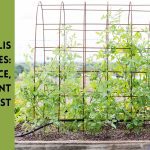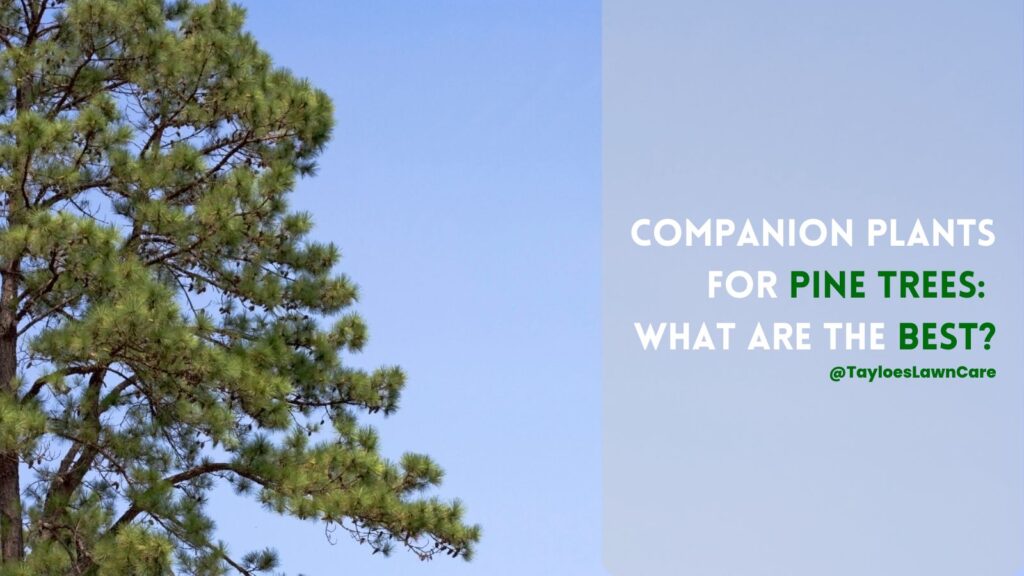Last Updated on: 15th October 2023, 11:08 pm
Growing apples in your yard provides lovely shade and tasty fruits.
Apple trees can be as easy to grow as any other tree, provided you start with a seedling or sapling. You will find over a dozen cultivars, and the key to success is finding the apple tree that will suit your USDA plant hardiness zone.
Note that you can grow from seeds. However, it is an excruciatingly long waiting game for some – who will give up on their little trees. So we suggest you grow from a seedling or sapling–you will have fruit and satisfaction much sooner.
In general, here are some of the things you should know about growing these delicious fruits:
- Climate: Apple trees grow best in climates with cool winters and warm summers. Growing apples may be more challenging if you live in a too hot, cold, or dry climate.
- Soil: Apple trees prefer well-drained soil with a pH between 6.0 and 7.0. If your soil is poorly drained or has a different pH, you may need to amend it.
- Maintenance: To thrive, apple trees need regular pruning, watering, and fertilization. Neglecting these tasks can make growing apples more difficult.
- Pests and diseases: Apple trees are highly susceptible to pests and diseases, such as apple scabs, fire blight, and codling moths. Thus, proper care and treatment could prevent these problems.
You can grow apple trees with the right conditions, care, and attention to pests and diseases. Now that you have the reassurance that yes, you CAN do this, let’s look at some of the science to consider.
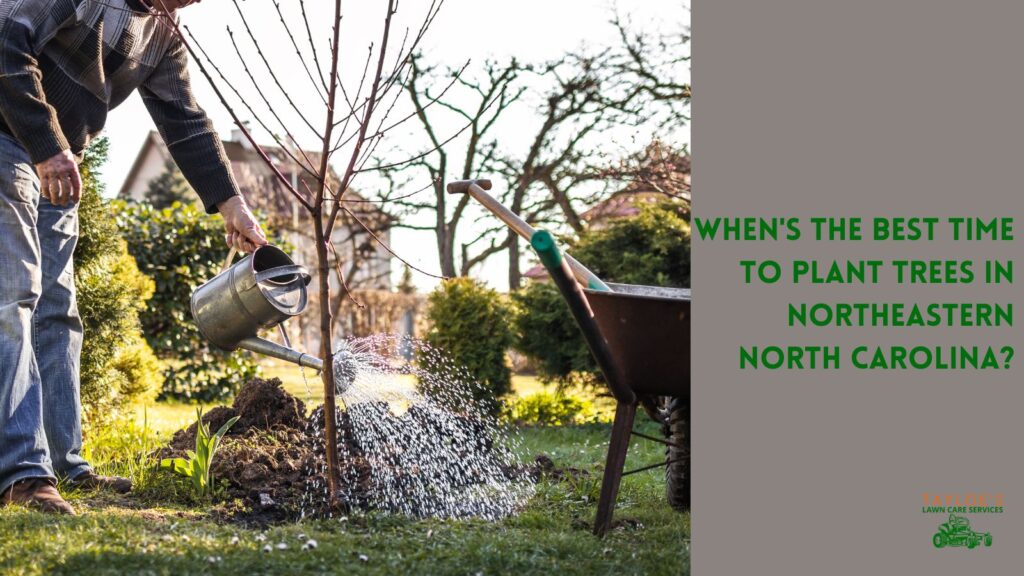
7 Key Benefits of Growing Apple Trees in Your Backyard
Why might you enjoy growing fruits at home? Here are seven reasons you’ll love it.
- Fresh fruit: Growing apples in your backyard allows you to enjoy fresh, juicy fruit straight from the tree.
- Variety: Apple trees come in many different varieties, providing a range of flavors, colors, and uses.
- Landscaping: Apple trees are attractive and can be used to enhance the beauty of your yard.
- Savings: Growing your apples can save you money on grocery bills.
- Health benefits: Apples are so nutritious, and growing your own ensures they are grown organically and free of harmful chemicals.
- Sustainability: Growing your fruits, vegetables, and herbs is a step towards self-sufficiency and reducing your carbon footprint.
- Fun and fulfillment: Growing apples is a rewarding hobby. In fact, it can bring joy and a sense of accomplishment.
Nutritional Benefits of Apples
Planting apple trees will, in time, grant you access to an incredibly tasty treat that also happens to be terrific for your health.
- Rich in fiber: Apples are a delicious source of dietary fiber, helping regulate digestion and lower cholesterol levels.
- High in antioxidants: Apples contain antioxidants such as quercetin, which can help protect against cellular damage and lower the risk of chronic diseases.
- Low in calories: Apples are low in calories, making them a good snack option for weight management.
- Good source of vitamins: Apples are a good source of vitamins C, K, and B-complex.
- Contain minerals: Apples contain potassium, phosphorus, and calcium, which are essential for maintaining strong bones and healthy muscles.
- May boost immunity: The high concentration of antioxidants and vitamins in apples may help boost the immune system.
- May improve heart health: Apples may improve heart health as they are low in fat, sodium, and fiber.
- May help regulate blood sugar: Apple fiber can help regulate blood sugar levels. Thus, you lower the risk of type 2 diabetes.
- May improve brain health: Apples contain compounds that can improve brain health and cognitive function.
- May reduce the risk of certain cancers: One study suggests that the antioxidants in apples may help reduce the risk of lung cancer.
We provide this as general information, not health advice. We are lawn care folks, not doctors. Be sure to discuss any dietary decisions with a physician.
The 5 Most Popular Apple Trees Grown in the United States
It’s worth a quick note: While we wanted to mention these five best-loved apples, not all of them are appropriate in growing zones 7 and 8, where our customers live. In particular, Honeycrisp might be a best-selling tree at online nurseries, but this apple tree will not tolerate our summer heat here in Eastern North Carolina.
- Red Delicious: A classic, sweet, and juicy apple that is great for eating and cooking. This tree needs a pollination partner, so buy two apple trees. It requires soil with a pH of 5 to 6.8 and flourishes in USDA zones 4 to 8.
- Gala: A sweet, crisp apple with a thin skin and a delicate flavor. Invest in a semi-dwarf, self-pollinating cultivar if you only have space to accommodate one tree. Gala will grow in USDA zones 5 through 8.
- Granny Smith: A tart, firm, and crisp apple perfect for baking and cooking. Granny Smith is a self-fertile tree so that you can grow one tree. They’ll do great in USDA planting zones 5 to 9.
- Honeycrisp: A sweet and juicy apple with a crisp texture that is great for eating and salads. Honeycrisps are most suited to grow in USDA zones 3 and 4. You need a second apple tree to assist with pollination.
- Golden Delicious: A sweet and juicy apple with a delicate flavor that is great for eating, cooking, and baking. Plant it near another tree for bearing fruit; although it is self-pollinating, it will be more bountiful with a nearby tree. Grow Golden Delicious in USDA zones 4 to 9.
Apple trees can produce fruit in as few as four seasons if you choose a dwarf cultivar or ten years for a standard-sized species. Also, note that they require full sunshine to grow and bear fruit.
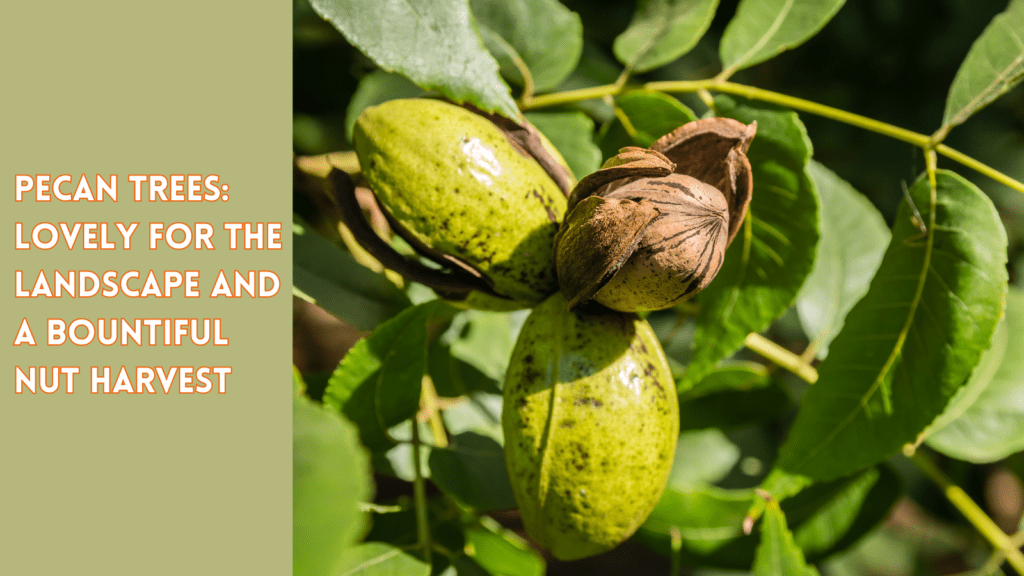
How to Plant and Grow Apple Trees From Seedlings
Purchase your apple trees from reliable nurseries that will send you healthy, bare-root trees to give this lengthy growing process a head start.
- Choose a suitable location with well-drained soil and full sunlight.
- Create a hole roughly twice the size of the sapling’s root ball and the same depth.
- Remove the seedling from its container. Then, loosen any tangled roots.
- Place the seedling in the hole; ensure the roots are spread out.
- Fill the hole with soil. Then, pack it down gently.
- Water the seedling thoroughly.
- Mulch around the base of the tree to conserve moisture.
- Stake the tree if necessary to provide support.
- Prune any broken or crossed branches.
- Water regularly and fertilize as needed.
Common Threats to Apple Trees
Apple trees are prone to various diseases and pests, including the following:
Diseases:
- Fire blight
- Powdery mildew
- Apple scab
- Cedar apple rust
- Black rot
Pests:
- Apple maggot
- Codling moth
- Eastern tent caterpillar
- San Jose scale
- Aphids
How to restore the health of your fruit tree
- Prevention is the best cure. Plant your apple trees in full sunshine, and allow sufficient space for the air to flow between trees–check the labels of your saplings for guidance, as this varies from one species to another.
- Treat your apple trees with pesticides. If you wish, you may opt for an organic pesticide, such as Neem Oil.
- When you see signs of infections or fungus, trim the diseased branches or twigs back approximately 18″ below the area.
- Remove suckers when you see them, as they can be a safe space for pests, especially aphids.
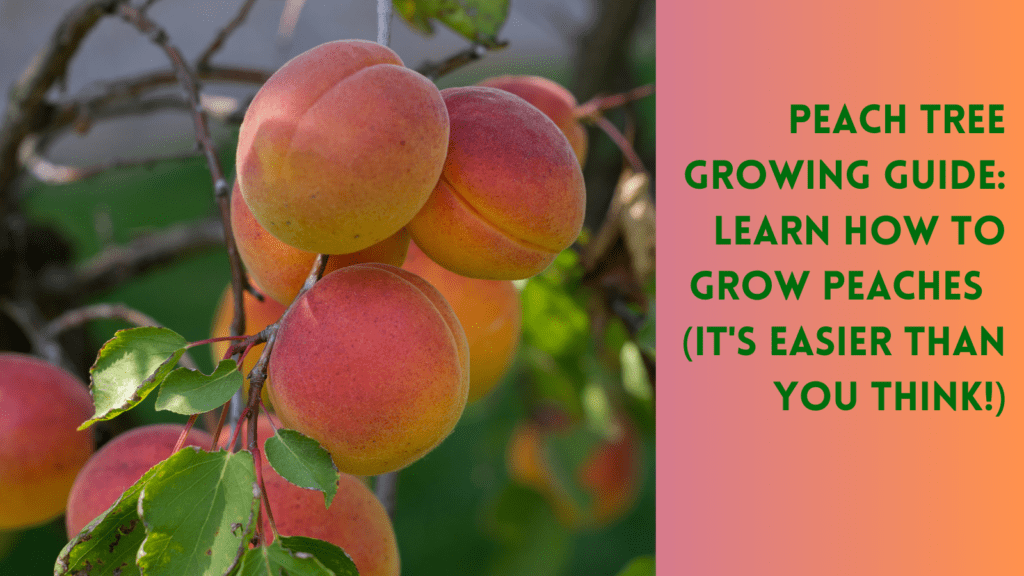
The Takeaway: Growing Apples Is Not Incredibly Difficult (Albeit the Wait for Fruit Feels Long!)
The apple is a highly nutritious, delicious fruit. Growing apple trees is not too complicated, although you must take preventative measures to ensure your saplings don’t develop any diseases. The wait feels long–and it can be. But the wait will be well worth the time when you take that first bite of a juicy apple.
Have questions or need a helping hand installing trees at your property? We service all of Bertie County and most of Hertford County – connect with us at 252.287.3375 for a custom quote. We’re here to help!
Author Profile

- Deborah Tayloe is the CEO and co-founder of Tayloe's Lawn Care Services, LLC. She has a B.S.Ed and holds certificates in soil and water management and herbology from accredited programs.
Latest entries
 Trees and ShrubsApril 22, 2025Boxwood Blight: Early identification and isolation
Trees and ShrubsApril 22, 2025Boxwood Blight: Early identification and isolation Flower GardenApril 8, 2025John F. Kennedy Rose: Hybrid tea rose with elegant white blooms
Flower GardenApril 8, 2025John F. Kennedy Rose: Hybrid tea rose with elegant white blooms Vegetable GardenMarch 24, 2025Trellis vegetables provide an abundant vertical garden harvest
Vegetable GardenMarch 24, 2025Trellis vegetables provide an abundant vertical garden harvest GardeningMarch 17, 2025Are coffee grounds good for compost?
GardeningMarch 17, 2025Are coffee grounds good for compost?



